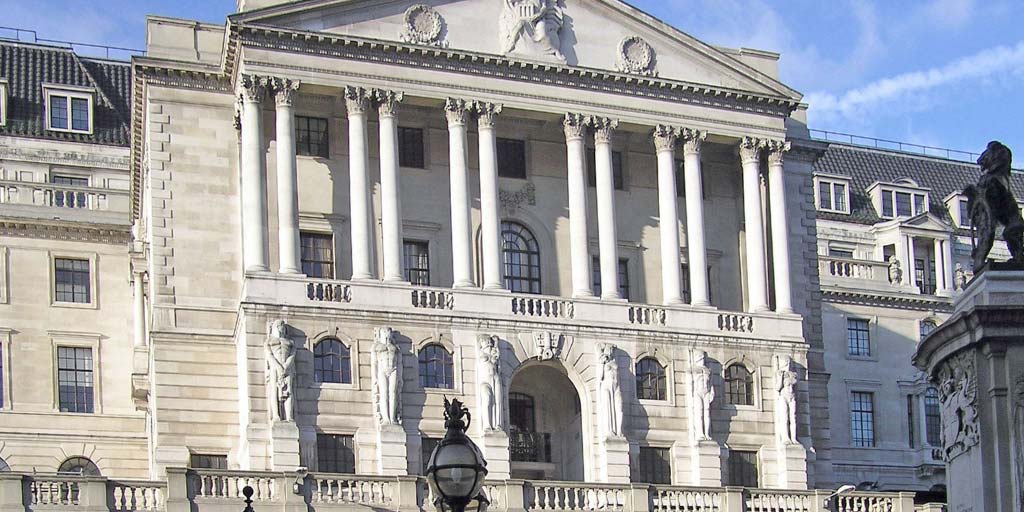This information should not be interpreted as financial, tax or legal advice. Mortgage and loan rates are subject to change.

Categories: government and politics | government and politics base rate
government and politicsThe Monetary Policy Committee (MPC) announced the base rate on Thursday 21 March 2024, just a day after the Office of National Statistics (ONS) released February’s inflation data. With these two key metrics of the economy now updated, what can landlords expect from the mortgage market?
On Wednesday 20 March, the ONS released data showing inflation fell by 0.6 per cent in February, now standing at 3.4 per cent.
After a tumultuous couple of years for the economy, prices just need to slow by a further 1.4 per cent to meet the Bank of England’s (BoE) target of 2 per cent.
There is mounting pressure for the BoE to reduce the base rate, however it is widely believed it will remain unchanged for the foreseeable.
For now, the mantra coming from the Bank of England is ‘Not yet’.
The MPC decided to hold the base rate at 5.25 per cent on Thursday, with the committee voting 8-1 to maintain the base rate at 5.25 per cent (8 voting to maintain, 1 voting to decrease).
This indicates an emerging consensus, considering just one month prior, two members voted to increase the rate by 0.25 per cent.
When to expect cuts to the base rate?
Financial media outlet City A.M surveyed 23 economists, asking them when they would expect the BoE to start reducing the base rate. They found that 61 per cent of those surveyed believed the BoE would start cutting rates in June.
9 per cent believed the base rate would be cut in May, and 26 per cent thought August.
Economist at the Institute of Economic Affairs, Julian Jessop, commented:
4 per cent would be a good level for interest rates in the longer term, broadly consistent with two per cent inflation and two per cent growth in the real economy.
Anything much lower than this would be a worrying sign that the UK is at risk of Japanese-style stagnation. Anything much higher would suggest that inflation is a bigger problem.
What does this mean for landlords?
This is definitely a positive for landlords.
If the Bank of England do indeed reduce the base rate, mortgages should become cheaper, as the cost of borrowing declines.
However, this is not a guaranteed trajectory.
There is a lot of uncertainty associated with current global affairs, and any large scale event may kick off price volatility and drive up inflation.
This would put the BoE into a position where they would have to raise interest rates once again and the cost of borrowing, as well as mortgages, would increase too.
Is this the time for trackers?
If the 61 per cent majority of economists expecting a June cut in the base rate are correct, would those with more of a risk appetite benefit from mortgaging with a tracker?
Perhaps. There is risk built into tracker rate mortgages, since if the base rate does increase, then the cost of any mortgage calculated from it will increase too.
However, there is a real chance that the BoE will start cutting rates this year, and it may be a smart move to go for a tracker, as a way to save on cost should the BoE adjust the base rate down.
Commercial Trust can help with tracker rates
Commercial Trust is a specialist mortgage broker, dealing with all types of buy to let and commercial mortgages.
Get in touch today to discuss your mortgage needs. Our freephone telephone number goes straight through to our advisors, so there are no annoying phone menus to deal with. You can get immediate mortgage advice on the latest deals on the marketplace.
